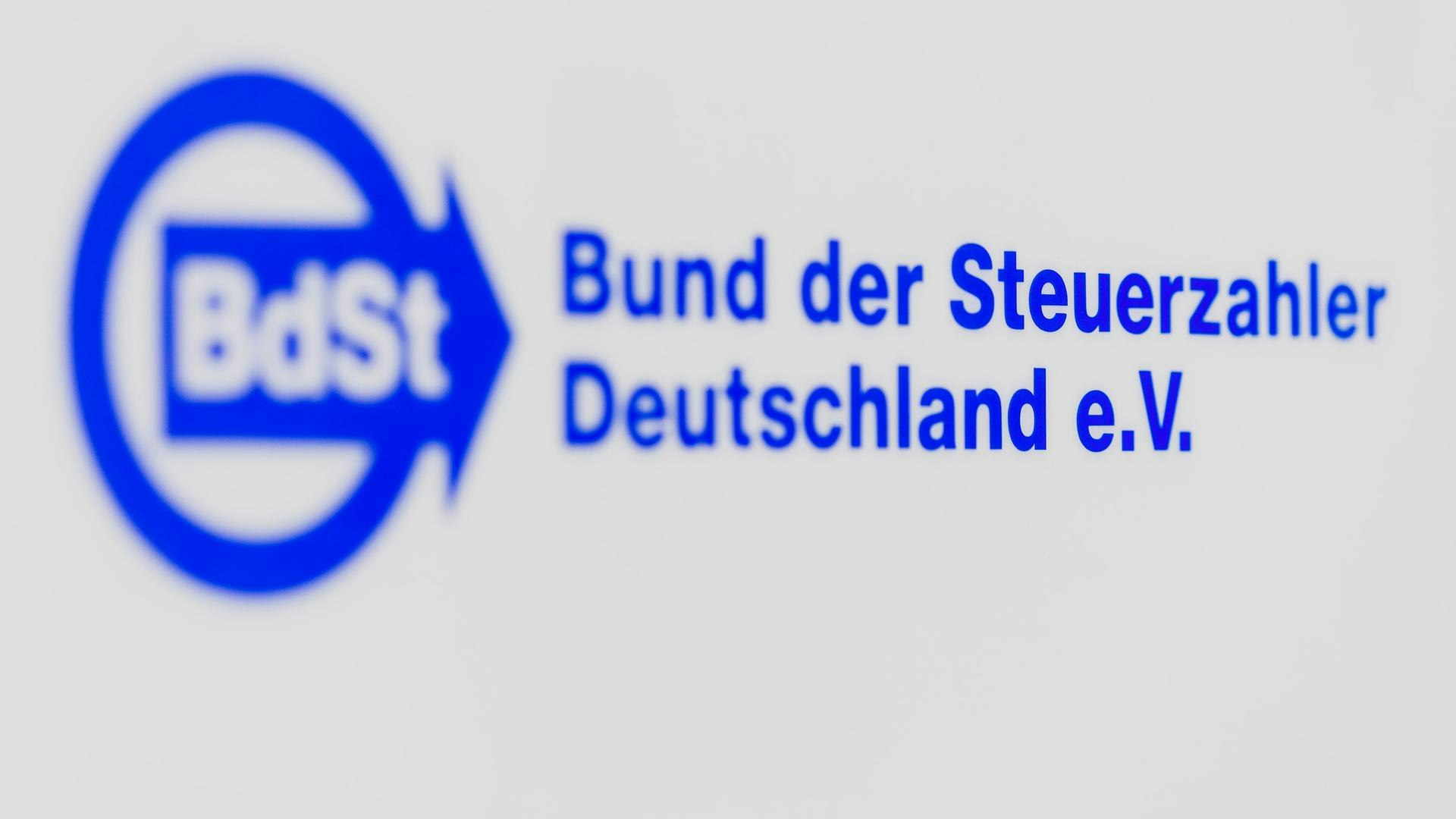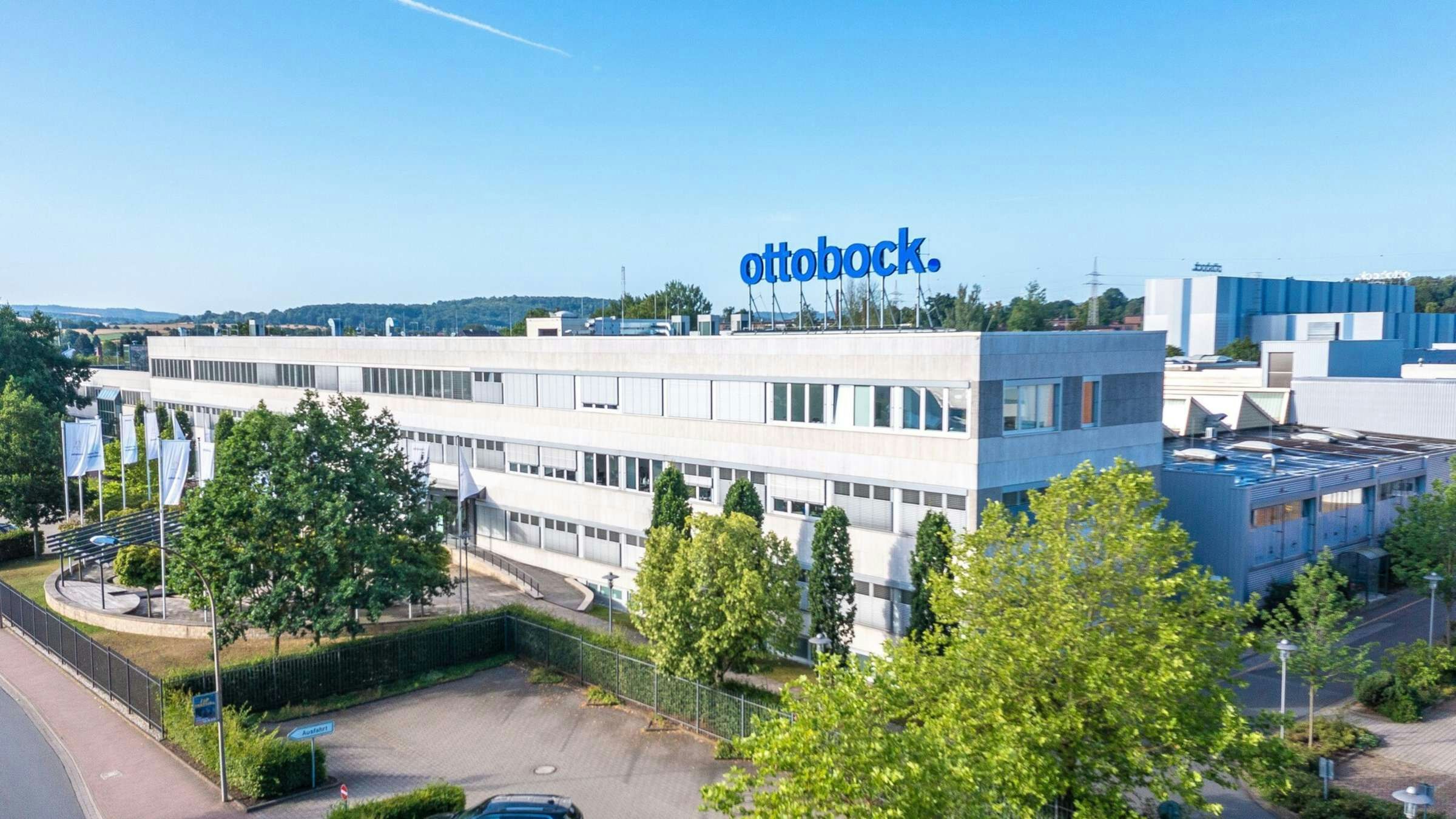The Anglo-Australian resource company Rio Tinto is in negotiations to acquire Arcadium Lithium, which could make the company the second-largest producer of the world's leading battery material, lithium. This acquisition is a crucial step in Rio's efforts to strengthen its position in the fast-growing electric vehicle market.
Jakob Stausholm, CEO of Rio Tinto, stated on Monday that the 10 percent stake in Arcadium Lithium is part of the company's strategic focus on renewable energies. "This investment reflects our long-term commitment and strengthens our presence in an essential sector of the energy transition," said Stausholm.
Arcadium Lithium, which emerged as one of the world’s leading lithium producers from the merger of Allkem and Livent last year, produces lithium in Argentina, Australia, and Canada. With a projected production capacity of 38 gigawatt-hours by 2027 and customers like Tesla, BMW, Toyota, and General Motors, the company is a key player in the global battery market.
Despite its strategic importance, Arcadium faces challenges. The prices for lithium have fallen significantly this year due to a surplus in supply, which has driven the company's stock price down by 60 percent since the beginning of the year. Nevertheless, the demand for lithium for electric vehicles remains strong, promising solid long-term growth.
Blackwattle Investment Partners, an Australian asset manager and significant shareholder of Arcadium, expressed concerns about Rio Tinto's offer. Michael Teran, Deputy Portfolio Manager at Blackwattle, called the offer "opportunistic" and noted that Rio would need to offer around 8 billion dollars to be attractive to shareholders. Despite these concerns, the prospect of an acquisition remains a significant development in the renewable energy sector.
The shares of Arcadium rose by 70 percent after the announcement of a temporary decline, gaining positive momentum and an increased rate. In contrast, the shares of Rio Tinto fell by 2 percent as investors assessed the costs of the acquisition and its integration into the existing business.
Overall, the potential acquisition underscores the increasing consolidation in the global mining industry, which is striving to secure the necessary materials for the energy transition. With the planned acquisition, Rio Tinto could strengthen its role as one of the leading lithium producers worldwide while simultaneously reinforcing its market position against competitors such as the Danish company Ørsted.







